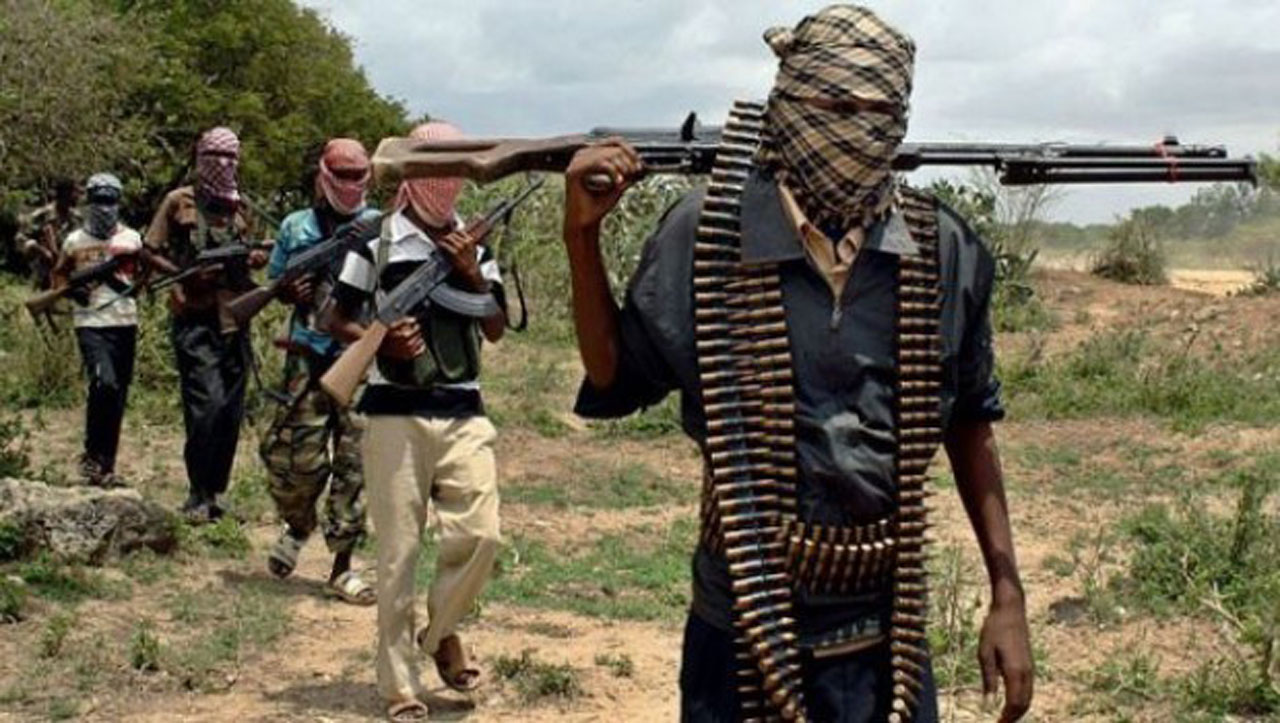
An attack this weekend by suspected Boko Haram fighters in the northeastern state of Borno, Nigeria, has left at least 65 people dead, almost three times the initial toll, The Guardian gathered from sources.
The sect has wreaked havoc and suffering on the lives of millions of people in north-east Nigeria since 2009, killing thousands of people, abducting at least 2000, and have forced more than a million to flee their homes.
Through a campaign of almost daily killings, bombings, abductions, looting and burning, Boko Haram has crippled normal life in North-East Nigeria. Towns and villages have been pillaged, while schools, churches, mosques and other public buildings have been attacked and destroyed.
The group is brutally mistreating civilians trapped in areas under its control and has disrupted the provision of health, education and other public services by the Nigerian authorities. Amnesty International’s research shows that Boko Haram has committed war crimes and crimes against humanity with impunity.
Recently, more bodies were discovered following the assaults on a village close to the regional capital Maiduguri. Speaking with The Guardian, the Local Government Chairman, Muhammed Bulama, said 65 people were found dead, while 10 were injured.
The attack left a Pastor in the state, Christopher Okeke dead and the family miserable, as they flee from the community to avoid being killed.
A source, in the church Elder Victor Mba Chukwudi, who resides at Alhaji Musa street Gwagwalada, Borno state, told The Guardian, he was present in church when Pastor Christopher Okeke read the letter sent by the Head of the terrorist group, Mohammad Shekau, to the congregation.
According to him, the letter stated that if the church didn’t stop religious activities, it would be at their own detriment, as the church would be attacked, and lives and properties would be lost.
He noted that the Head Pastor instructed the congregation not to be frightened by the letter but instead have a strong faith in God, saying he would inform the police about the situation.
“We were later attacked in church during a Sunday service by the members of the group. They were about 50, armed with guns, machete, and heavily armed vehicles, dressed in military camouflage, and masked.
“We were asked to denounce our faith at gunpoint and they used the knives and machetes to cut people. I still have machete scars from that day, and not everyone was able to escape,” he said.
Chukwudi said after he survived the ordeal, he was forced to relocate to the South-Eastern part of the country, where he currently resides after he was diagnosed with PTSD.
He noted that Okeke later died in September, while his eldest son Chukuma Okeke fled for life because was been looked for by members of the group to be killed.
Meanwhile, sources said the attack was in retaliation for the killing of 11 Boko Haram fighters by residents when the fighters approached their village.
“The villagers resisted the attack, killed 11 insurgents and recovered 10 AK-47 rifles in the encounter. On Saturday at about 11:40 am, the insurgents came on a reprisal mission, attacking mourners at a graveyard in the area,” he said.
The leader of a local anti-Boko Haram militia confirmed the death toll, giving a slightly different account of the attack.
A local militia, Bunu Bukar Mustapha, told The Guardian that 23 people were killed as they returned from the funeral and “the remaining 42 were killed when they pursued the terrorists.
At around 10:30 am, the attackers on three motorbikes opened fire on a group of men as they walked back from a funeral in the Nganzai district near Maiduguri. Our men recovered 23 dead bodies from the scene of the attack, which happened this morning,” he said.
Boko Haram terrorists have been repeatedly attacking the Nganzai district.
In September last year, the group killed eight people and stole livestock in two villages in the area after residents tried to stop them from taking their animals.
Boko Haram and its IS-supported ISWAP splinter have intensified attacks on civilian and military targets in recent months.



